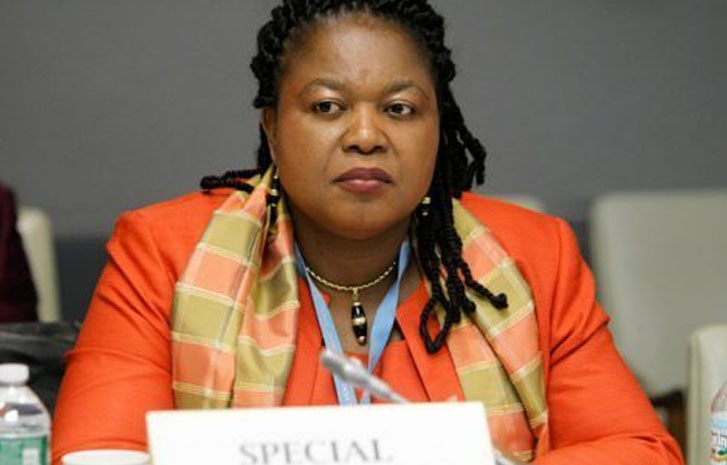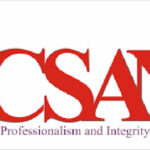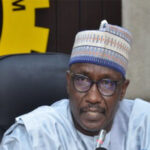
A professor of Law at the University of Nigeria, Joy Ezeilo, has cautioned that the approval by the International Engineering Alliance for members of the Council for the Regulation of Engineering in Nigeria to join the Washington Accord could lead to an exodus of engineers from the country.
International Engineering Alliance, on its website, explained that Washington Accord is an international multilateral agreement between bodies responsible for accrediting engineering degree programmes for the development and recognition of good practices in engineering education.
Speaking at the first Charles Mbanefo Memorial Lecture organised by the Abuja branch of the Nigerian Society of Engineers recently, Ezeilo said the approval, which would be of great benefit to COREN engineers, may lead to the migration of skilled manpower in the engineering profession.
She raised the concern while delivering her address.
In her draft paper titled “Rising Emigration of Professionals and Impact on Nigeria’s Development: A Case Study Of Engineers”, the don noted that Nigerian engineering professionals may choose to due to opportunities for higher income, improved living conditions, a better working environment and improved research facilities.
She said, “As it concerns engineering professionals, it has been recently announced that the Council for the Regulation of Engineering in Nigeria has become a professional signatory of the Washington Accord, making Nigeria the second African member of the body.
“While it is not in doubt that many Nigerian engineers are already a part of the emigration movement out of the country in recent years, it appears reasonable to think that these professionals may utilise the opportunity of Nigeria becoming a signatory to the agreement to further immigrate to other member countries in search of greener pastures.
“The most notable stimuli for migration by Nigerian engineering professionals are the enhanced opportunities for potential migrants, such as opportunities for higher income, improved living conditions, a better working environment, improved research facilities, and opportunities for professional growth and development,” she averred.
Ezeilo, who is a Senior Advocate of Nigeria, listed poor funding, the inadequacy of industrial training, and aging/obsolete equipment as challenges facing the engineering profession.
She added that the country may also experience an outflow of professionals due to a saturated economic environment, inability to absorb available manpower and political stalemate.





